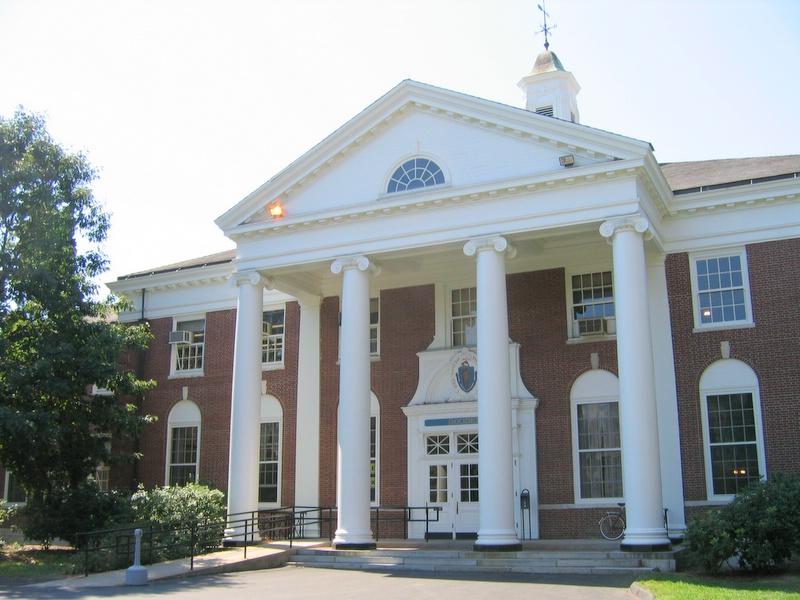A lecture on the current and historical roles of Venezuelan communal councils conducted entirely in Spanish with English interpretation brought several members of the public to Goodell Hall on Wednesday, Oct. 17.
The two speakers at the event were George Ciccariello-Maher, an organizer, writer and radical political theorist, and Atenea Jiménez Lemón, a sociologist and organizer in Venezuelan popular movements since the 1990s.
University of Massachusetts professor Kevin A. Young moderated the event, starting by discussing the controversy that is often present in discussions on the country of Venezuela.
“The topic of Venezuela always triggers heated political arguments,” Young said.
Ciccariello-Maher was present in person, while Lemón joined the lecture through a video call. The lecture, which was the fifth in the 2018 Feinberg Series, was broadcasted online for viewers worldwide to access.
Ciccariello-Maher, the first speaker, spoke on the structure and functionality of present-day Venezuelan communes and the power of that develops from the ground up. He also discussed the strong relationship that communers share with the state.
“I went to Venezuela to talk to the people about their popular movements. I’ve been back to talk about the political process and their engagement,” Ciccariello-Maher recounted. “They talk about that process through the language of the commune.”
Ciccariello-Maher also addressed some of the criticisms that those opposed to communes often provide, adding that “many American and Venezuelan academics talk about communes as something that is anti-democratic, but that is absurd because we are talking about a way of giving that is absolutely democratic – that empowers the participation of everyone in the community.”*
Lemón, the second speaker, presented a video which discussed, among other things, the origin and the development of the communes throughout history and the vision that the Venezuelan communes possess. “All the popular movements came together in the commune,” she said in the video.*
After each speaker gave their short lecture, the presentation was opened to the audience for questions. Among the questions was one regarding resistance within the government. To this question, Lemón responded, “One vote is one person, and if a politician is corrupt or commits some kind of wrong, then they are immediately revoked.”*
The lecture concluded with audience members expressing their own opinions regarding the Venezuelan communes.
*Quotation are transcriptions from an English-Spanish translator who was present at the lecture.
Rithika Senthilkumar can be reached at [email protected].




















Ed Cutting • Oct 19, 2018 at 2:39 pm
Oil-rich Venezuela is such an economic basket case that I think that all else has become irrelevant
.
Their approach to socialism, which may or may not have democratic aspects, has taken something like the fifth wealthiest country in the world and turned it into a place where everyone is starving.
.
30 years ago, Venezuela could afford to buy CITGO, it was a rich country. Socialism bankrupted it.